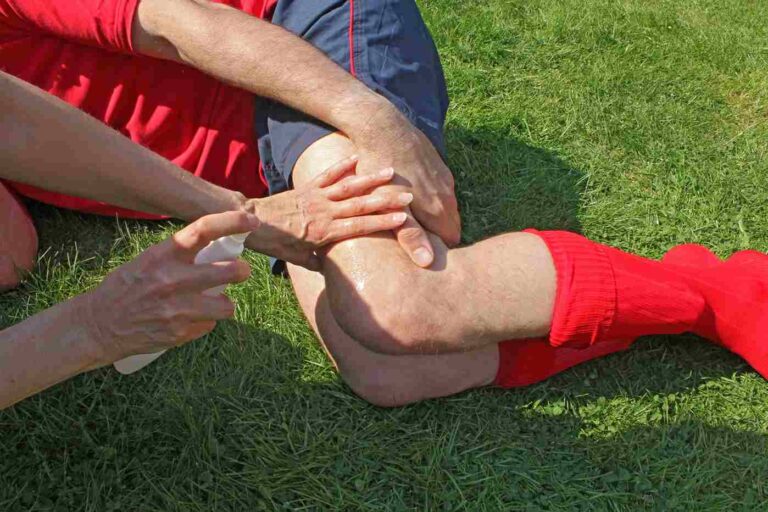Skeletal muscle injuries can be excruciatingly painful and interfere with daily life because they affect the soft tissues that support movement and are attached to bones. Thankfully, many muscle injuries are minor and treatable at home or at a quality urgent care facility like Specialty Care Clinics. Let’s examine the four primary skeletal muscle injury kinds in more detail, along with the symptoms they may produce.
SLIGHT MUSCLE STRAINS
A muscular strain is a term used to describe a minor tear to a muscle or tendon. While a more severe strain may result in a partial or complete tear that can be seen on an imaging test, a mild strain typically refers to an overstretching of tissue.
The muscles or tendons in the hands, elbows, legs, and ankles are the sites of the majority of minor strains. Mild muscle strain symptoms include the following :
- Tenderness and pain
- Swelling
- Bruising
- Spasms of muscles
- Muscle tremor
- The affected portion has a restricted range of motion.
Anyone can get a muscle strain, but those who exercise or play sports frequently are most at risk for getting one. Muscle strains are quite common. Thankfully, many minor muscle sprains can be treated at home by relaxing and applying ice to the injured area.

MUSCLE TEAR
A muscle tear, often known as “pulled muscle,” is a significant strain that results in the partial or complete tearing of a muscle or tendon, as well as the blood vessels within. A medical expert should be consulted right away because it is a more serious injury.
An injury sustained in a car accident or during a contact sport typically requires a substantial amount of force to tear a muscle. Bruising, swelling, and weakening are frequently present symptoms in addition to acute, extreme pain. The neck, shoulders, lower back, and hamstrings are among the body parts that are most vulnerable to muscle rips.
MUSCLE CONTUSIONS
A powerful, blunt contact, such as being hit in the thigh with a baseball, can cause a muscle contusion, also known as a muscle bruise or hematoma. Although the skin is not broken, the impact crushes the underlying muscles and can result in severe bruising, swelling, pain, and limited range of motion.
The majority of muscle contusions can be treated at home using self-care techniques including regular rest and ice application. Rarely, the pressure that can build up from internal bleeding and swelling may require surgery to relieve it.

RHABDOMYOLYSIS
A rare illness called rhabdomyolysis necessitates immediate medical attention. Rhabdomyolysis, often known as “rhabdo,” happens when muscle fibers degenerate and release a harmful form of protein into the bloodstream, which may injure the kidneys and heart and cause disability or death.
Rhabdomyolysis can affect anyone, however, it mostly affects those who regularly engage in strenuous physical exercise and work in warm areas. Construction workers, firefighters, first responders, professional sports, and farmers are a few examples of high-risk occupations. This condition’s typical warning signs and symptoms include :
- Unusually excruciating muscular pains or cramps
- Urine with a dark hue that resembles cola
- Weakness or weariness
WE HAVE YOU!
Even though rhabdomyolysis needs to be treated at a clinic, the majority of other non-emergency skeletal muscle injuries can be managed there as well. If a patient’s muscle damage necessitates specialized treatment, we can set up a referral to a reputable orthopedist in the neighborhood and provide pain relief in the interim.
Call us at (469) 545-9983 to make an appointment or stop by one of our Specialty Care Clinics right now.
